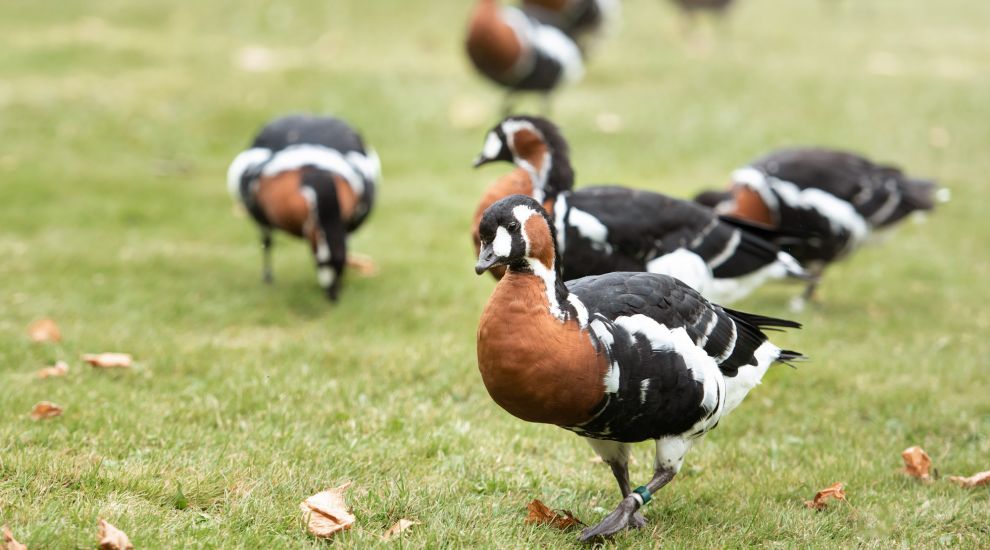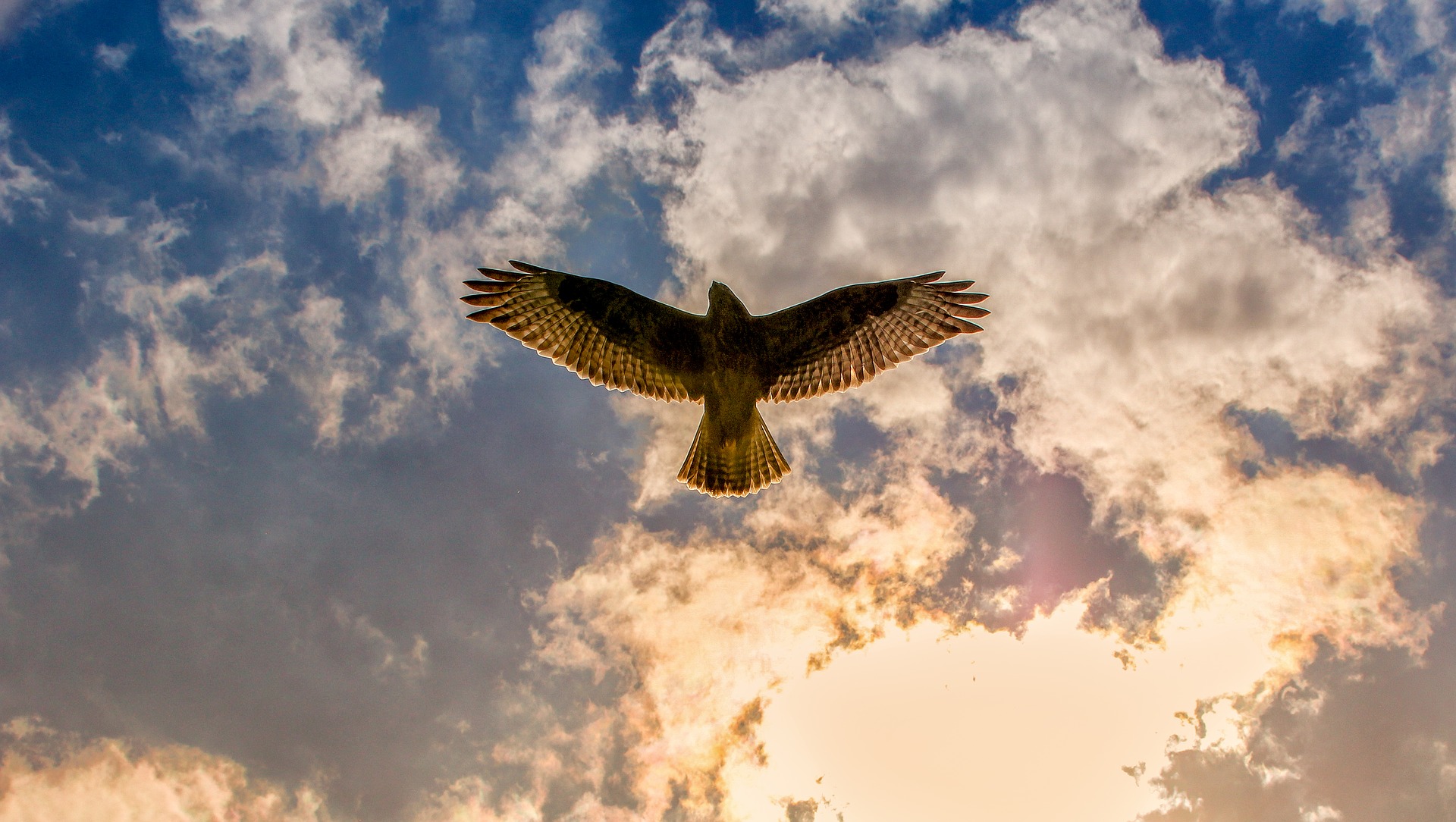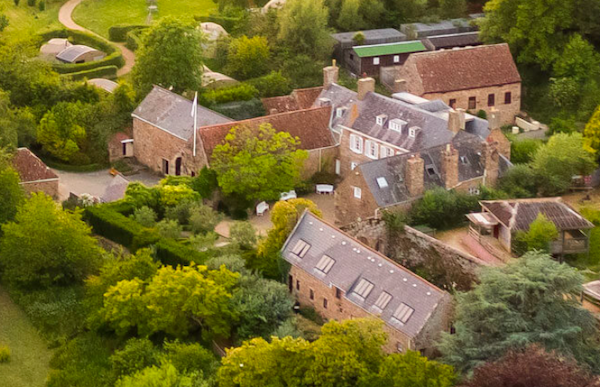


Local bird owners are being urged to keep their flocks indoors ahead of further “biosecurity measures” after an endangered red-breasted goose at Jersey Zoo died after contracting bird flu.
The bird passed away on 22 February and its positive test for the “highly pathogenic” Avian Influenza – which is not believed to be a risk to human health - has been confirmed today.
It's believed the red-breasted goose picked it up from a wild bird entering the zoo.
It comes after two dead buzzards tested positive.
"Following on from this, we will shortly be introducing compulsory biosecurity measures relating to poultry and kept birds on the whole island," Chief Vet Alistair Breed warned.
"Private bird keepers should do everything possible at this time to ensure their flocks avoid contact with wild birds. We are working closely with the zoo on control measures there to help protect their collection."

Two dead buzzards tested positive for bird flu last month.
Graeme Dick, Director of Zoo Operations, said: "Our priority is to prevent further spread of bird flu at Jersey Zoo by following all guidance issued by the Chief Veterinary Officer.
"Our experienced team are well prepared to deal with scenarios like this and will do everything they can to keep our birds safe.
"We have closed our walk-through aviaries, but I would like to reassure our visitors that it is still safe to visit the zoo and we are monitoring the situation closely."
Dr Lesley Dickie, CEO of Durrell, added: "Avian Flu is spread via faecal transmission and it is highly likely that the bird picked the virus up from a wild bird entering the zoo.
"The biosecurity measures we have put in place include covering aviaries to protect from wild bird faeces, closing walk through aviaries to prevent visitors inadvertently bringing in the virus and not allowing any external vehicles on site, which will minimise the risk of further spread."
Red-breasted geese, which normally breed on the tundras of arctic Europe, have lived at Durrell's headquarters in Jersey since the 1980s.

Pictured: Jersey Zoo has closed its walk-through aviaries.
On their status, the charity says: "Although conservation efforts in the 1990s led to the red-breasted goose's conservation status improving to Vulnerable, in recent years it has suffered a rapid and unexplained decline and is therefore considered Endangered once again.
"As yet, we do not know if this is a temporary, natural fluctuation in the population, or whether it signals an approaching crisis for these beautiful little geese."
Given their vulnerability, the species' eggs are usually taken to be hatched by Durrell's bird staff to prevent them being lost as they are not in protected enclosures. They are replaced with artificial eggs in the meantime.
While the UK Health Security Agency advises that the risk to public health from bird flu is low, the public are advised not to handle unwell or dead wild birds.
Pictured top: Red-breasted geese at Jersey Zoo. (Rachel Hughes)
Comments
Comments on this story express the views of the commentator only, not Bailiwick Publishing. We are unable to guarantee the accuracy of any of those comments.